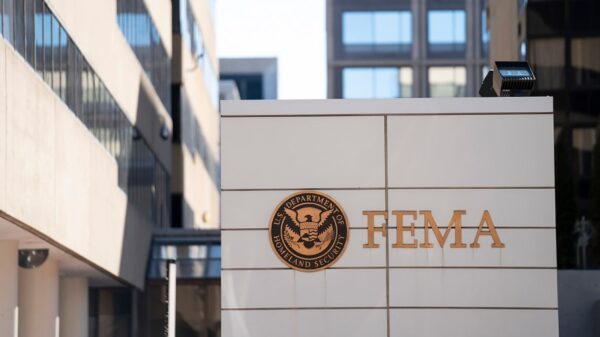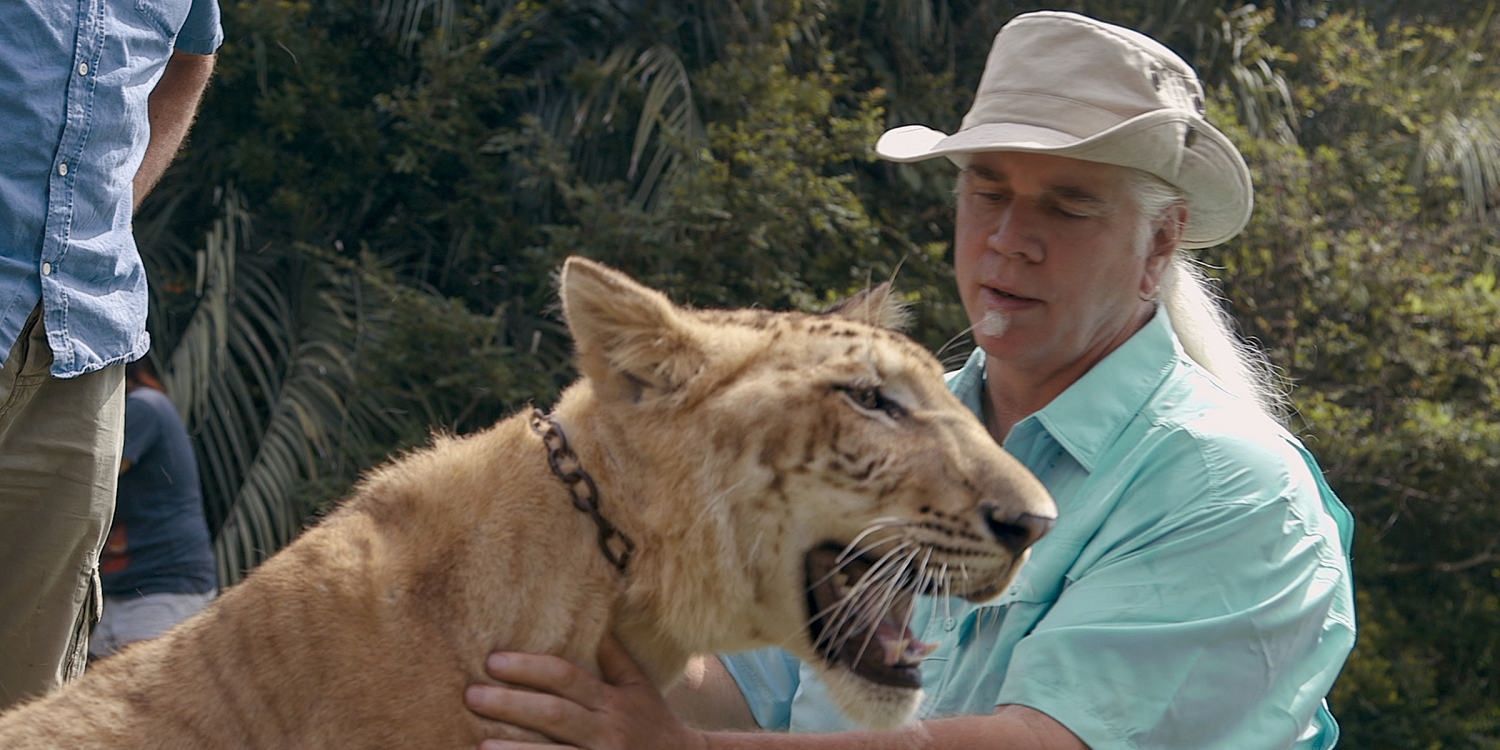Bhagavan “Doc” Antle, known for his role in the Netflix documentary “Tiger King,” has been sentenced to one year and one day in prison for violating federal laws related to animal trafficking. On July 8, 2025, Antle, 65, was also fined $55,000 after pleading guilty in November 2023 to charges of trafficking in exotic animals and money laundering. This sentencing marks a significant chapter in the ongoing legal saga surrounding figures from the controversial series.
Antle’s legal troubles are distinct from those of his fellow “Tiger King” star, Joe Exotic, who is currently serving a 21-year sentence for attempting to arrange the murder of animal rights activist Carole Baskin. While Exotic’s actions were primarily linked to his rivalry with Baskin, Antle’s crimes stemmed from his operations at the Myrtle Beach Safari in South Carolina, where he kept numerous exotic animals.
During the court proceedings, prosecutor Patrick Duggan outlined the severity of Antle’s actions. He highlighted that Antle engaged in illegal trade of endangered animals, including chimpanzees, lions, tigers, and cheetahs, which are often targeted in poaching schemes. Duggan stated, “He was knowingly and illegally trading them as part of a black market that drives another black market of poaching and smuggling.”
Antle’s defense team argued for a more lenient sentence, suggesting probation or home confinement. They emphasized that he needed to care for approximately 150 exotic animals at his facility, which require a staggering 1,000 pounds (454 kilograms) of meat daily. Friends and family members filled the courtroom, attesting to Antle’s dedication to animal conservation, claiming he has raised significant funds to combat poaching and protect natural habitats.
Judge Joseph Dawson III acknowledged the evidence of Antle’s care for animals but ultimately decided that a prison sentence was warranted. Although federal guidelines suggested a two-year sentence, he opted for a shorter term, noting that Antle’s intentions appeared to be more aligned with animal welfare than profit-making.
As the sentencing concluded, Antle expressed remorse for his actions, admitting, “I made a mistake, I did stupid things,” and hoped to “pull it back together for everybody.” His Myrtle Beach Safari has gained notoriety for allowing visitors to interact with young animals, charging substantial fees for experiences involving baby chimpanzees and other wildlife.
Prosecutors revealed that Antle had illegally bought and sold these animals for a decade without appropriate documentation. Additionally, he laundered over $500,000 to facilitate quick purchases, often manipulating donation claims to disguise the transactions. The Federal Bureau of Investigation had monitored Antle’s communications, uncovering details of his illegal dealings, including a transcript where he mentioned the high costs associated with acquiring young primates.
As part of his plea deal, Antle will be required to relinquish three chimpanzees. Two of his employees have also faced legal consequences; Meredith Bybee received one year of probation for selling a chimpanzee, while Andrew “Omar” Sawyer, who aided in laundering activities, was sentenced to two years of probation.
The legal repercussions surrounding Antle and his associates highlight ongoing concerns regarding the wildlife trade and the ethical treatment of exotic animals in captivity. As the story unfolds, the implications for animal welfare and conservation efforts remain critical points of discussion in the wake of the “Tiger King” phenomenon.






































































